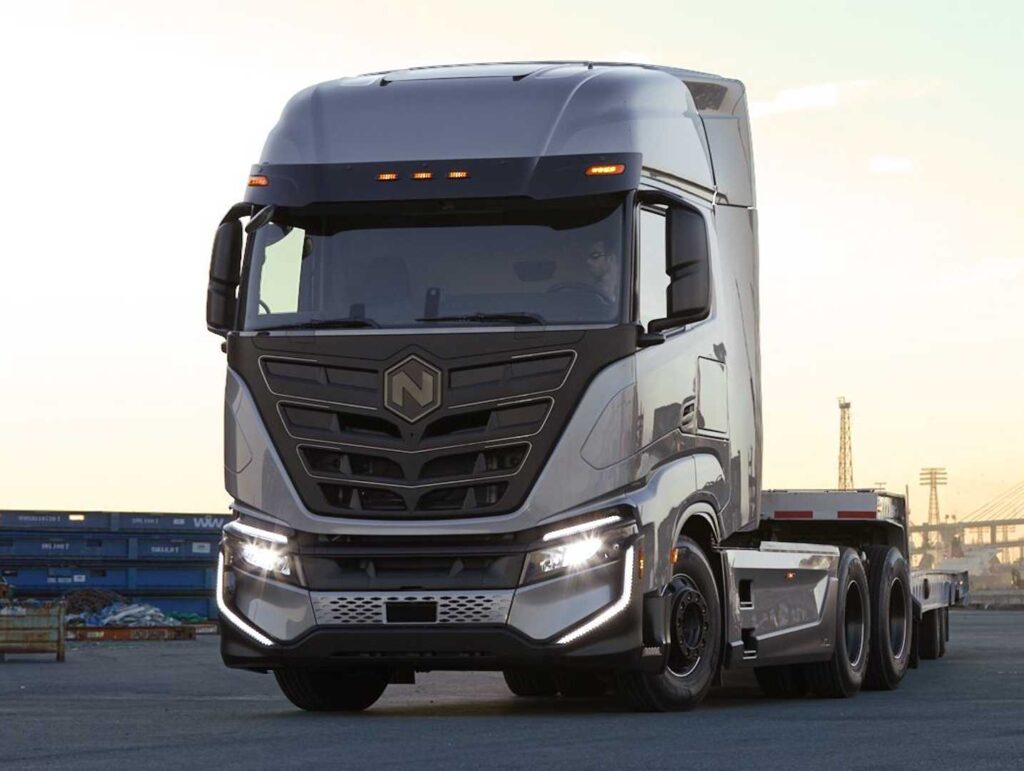Do electric trucks have zero emissions?
However, are electric trucks and EVs in general truly zero-emission vehicles?
The two forms of emissions to take into account are greenhouse gas emissions and air pollutants.
Electric cars (EVs) have zero tailpipe emissions, which means they don’t produce greenhouse gases or other air pollutants like fossil fuel-powered vehicles do.
Smog in cities is caused by air pollutants like particulate matter, nitrogen oxides, and sulfur oxides. Since air pollution can cause asthma, lung issues, and even mortality, less air pollutants can have a significant positive impact on human health.
EV emissions are affected by the state's electrical grid's energy mix
According to the Nuclear Energy Institute, wind energy produced about 58 percent of Iowa’s electricity in 2020. In the same year, coal provided 88 percent of the electricity in West Virginia. As a result, charging an EV in West Virginia would result in significantly more greenhouse gas emissions than in Iowa.
It is common knowledge that the production of EVs produces more greenhouse gases than the production of internal combustion engine vehicles. The production of batteries and mining are the main contributors to these excess emissions.
Manufacturing
and recycling
According to the Nuclear Energy Institute, wind energy produced about 58 percent of Iowa’s electricity in 2020. In the same year, coal provided 88 percent of the electricity in West Virginia. As a result, charging an EV in West Virginia would result in significantly more greenhouse gas emissions than in Iowa.
It is common knowledge that the production of EVs produces more greenhouse gases than the production of internal combustion engine vehicles. The production of batteries and mining are the main contributors to these excess emissions.

